AMERICAN, THE
The American : Movie Review
5 stars out of 5 (Masterpiece)
Director : Anton Corbijn
English , 2010
Of all the sinister lives humans lead , the assassin's odyssey is the one which is amongst the most perfectly suited to riveting narratives. Especially when given a history-changing mission, they must plan like a fiend, and execute like a gold medallist. Thousands challenge the assassin's every move, as the latter works amidst intensifying loneliness, while avoiding the circus and complications of group-work. The elite assassin is the world's enemy, yes, bringing both the individual and entire societies crashing down. But there's the strong caveat that his story's climax is almost invariably given a negative miasma : he or she's hired to come so close to killing a man like Charles De Gaulle but not Hitler or Kim Jong-Un or even George W Bush.
Which brings us to 'The American'. Is the gentleman in it exclusively an assassin? Leaving aside the template novel by Martin Booth, glimpses of the protagonist's life offered by to us by this pic, make it hard to tell. But there's no doubt that Jack (George Clooney in an iconic performance) has professional duties which include top-tier sharp-shooting. There's no famous world-leader to assassinate, but a bigger inward battle inveigles his target-sight. He spends his arc in this story like a stealthy alpha beast haunted by prescience of its doom - the hunter being the hunted.
Director Anton Corbijn takes this slowly simmering thriller and sculpts it with exquisitely pared-down beauty and a gnawing sense of unease. Pic is a marvel of silences and reflective oases interspersed by vistas of a postcard-pretty Italian countryside town. There are only a few characters - all of them memorable. The plot crescendoes to a climax worthy of legendary stories - it's what happens when an European and an American work towards the universal good.
As story opens, the camera slowly glides into a cottage inside which there's a setting that many romantics dream of. Snow outside is offset by the wooden cabin's warm fireplace , the gentleman reclines by the side of the bed while the beautiful soft naked curves of his lover flow towards him.
But this is no honeymoon and that is quickly made evident. Story cuts to a tunnel as the credits play and as the car nears the outside, the darkness segues to a white-out, the center of which announces the film's title in black. Jack is evidently on the run from people who are out to kill him , and the first Italian town he rolls into , despite its commonplace-looking harmlessness, does not convince him of its safety. He guns the motor to roll into the neighbouring Castel Del Monte.
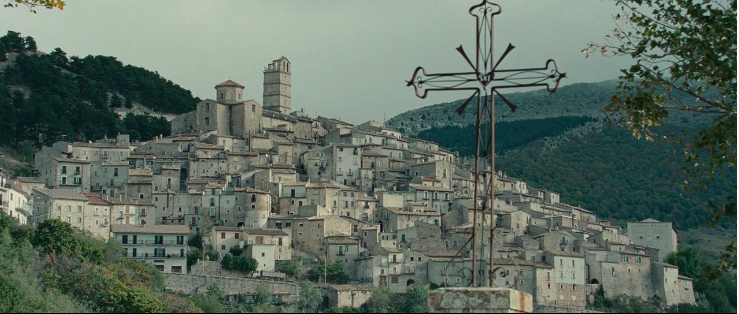
There he bides his time, with a few phone-calls made to his controller - a grim-faced string-puller - who instructs Jack to make a special rifle for a client. Lonely for the most part, with the sparsely inhabited town adding to his isolation and brooding , he has the mixed fortune of meeting two remarkable ladies. One is a a svelte, sophisticated Scandinavian supermodel, or at any rate a lady who looks like one, who meets Jack to purchase and use the rifle. She identifies herself as Mathilde (Thekla Reuten). And second - another young lady Clara (Violante Placido) who's a lovely local lass.
The latter is also a prostitute. Jack finds himself attracted to her straightforward nature and sunny, almost guileless disposition, with her exquisitely beautiful looks probably being an additional factor. Both are outsiders - she does not know what he does for a living, and he knows that what she does, automatically distances her from him in the most brutal manner possible.
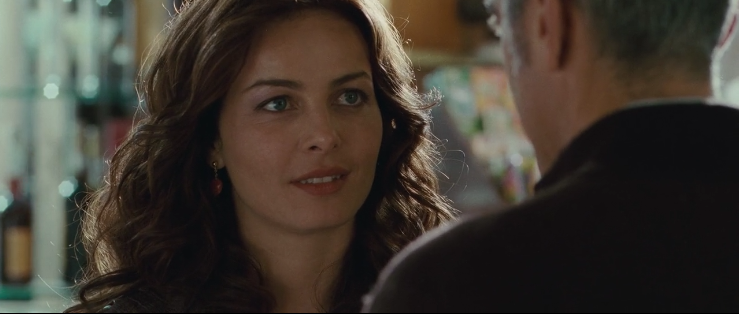
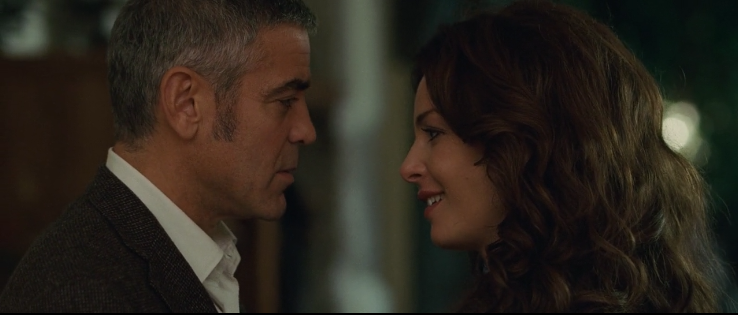
The nudity in this movie is a stellar example of how it can be used to superbly seductive effect , rather than being a gratuitous display of private parts. There's a rouge-lit scene in a boudoir that is stunningly erotic , as the stationary lens looks from the bed-side at the upper bodies of gently writhing lovers. Interestingly, that same celestial nudity of Violante Placido (the real-life daughter of Simonetta Stefanelli who had slayed Michael Corleone with the 'thunderbolt' in 'The Godfather's Sicilian countryside) is put to different use in a secluded brook-side setting where she happily partakes of the sylvan waters and then beckons to her lover Jack uttering "Come!!" with child-like joy. Her body adorned only by itself, gels seamlessly with the au naturelle verdant world around them, but Jack, instead of plunging into the infinite frolic of carefree lovers in a private paradise, stands frozen. Haunted by past incident, he burns inside with sudden-onset doubts of whether this nymph is his lover or his enemy.
All that original sin would require a church father to balance out the equation, and the film supplies this amply in the form of Father Benedetto (Paolo Bonacelli). His memorably corpulent folds of face and the weathered resilience of spiritual belief reposed in those lines, would have appealed to the visualist in Corbijn.
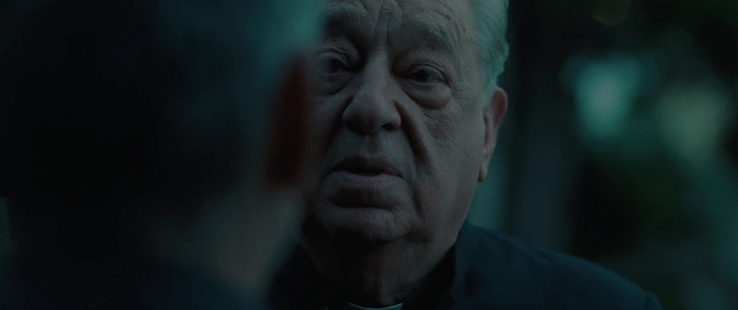
The other lady who taxes Jack's attention is the afore-mentioned Mathilde - a spectacular specimen of the very rare breed which is the female assassin. Her seeming affiliations to a haute fashion ramp melt in a cool flash when she adjusts a rifle's screws swiftly and then proceeds to sharp-shoot like a champion. Sensing something in her, Jack displays not even a flicker of emotion towards her , always maintaining with Mathilde a cool business-like demeanour. When they're done with the job at hand, Mathilde reclines by the grass and breaks the ice for the one and only time when she teases him whether he's in the habit of bringing his woman here.
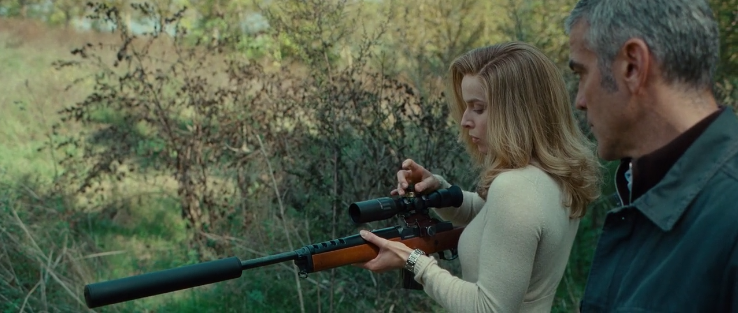

That target practice in the woods , and this whole movie which gives ample reflective space to an elite killer, reminded me more exquisitely of Frederick Forsyth's legendary 'Day of the Jackal' than did Fred Zinnemann's faithfully prosaic transfer of the novel.
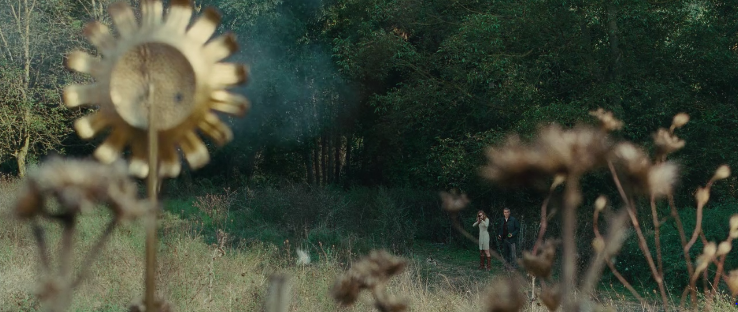
Though Anton Corbijn is a photographer and long-time music video director of world-famous bands like 'U2' , the cinematographic responsibility of 'The American' is handed over to Martin Ruhe who goes on to render splendid service. When Jack assembles the rifle , there is a spare beautiful aesthetic to the scenes. The stone-tiled town of Castel Del Monte is drained of people for the most part as Jack prowls its precincts. Those sizzling indoor shots of intimacy mentioned earlier are complimented by tourist-brochure-worthy captures of the outdoors.
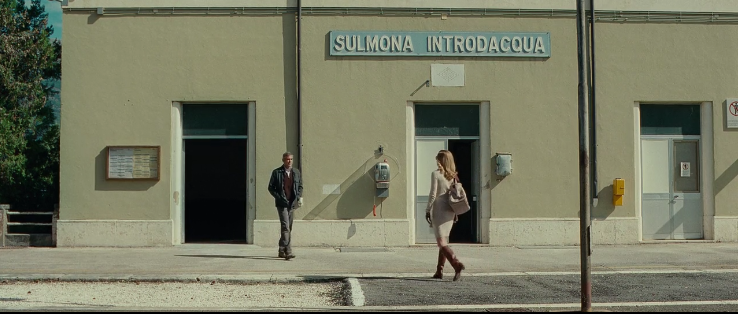
One of Jack's outings in a night-time bar recalls the famous 'Nighthawks' painting by the American artist Edward Hopper. Interestingly, in that scene 'The Good, Bad and the Ugly' plays on the bar's TV and though the screen shows Clint Eastwood, the barman proudly says to Jack "Sergio Leone!". Considering that 'The American' is posited as a modern subtle version of the 'Spagetti Western', that cine-reference is scriptwriter Rowan Joffe's and Corbijn's sporting nod to the '60s classic, while also being the only time in cinema that I've seen an onscreen commoner proclaim a director's name rather than that of a star actor or actress.
Students of background music would do well to educate themselves in the subtle nuances of the minimalist masterpiece that is Herbert Gronemeyer's background score. Often you're barely aware that there's any music at all but the narrative flows flawlessly. When Jack asks Clara "Will you go away with me....forever?", it is a suddenly formed scene of great and moving romance - and Gronemeyer uses touches of good ol' violin in the background to achieve blockbuster emotion by the bushel. And at the end, the maddening agony of speeding towards your lover is captured with exquisite restraint by a piano (compare and contrast this with another style of music, also accompanying a car perilously careening towards the finish line in 'Rififi').
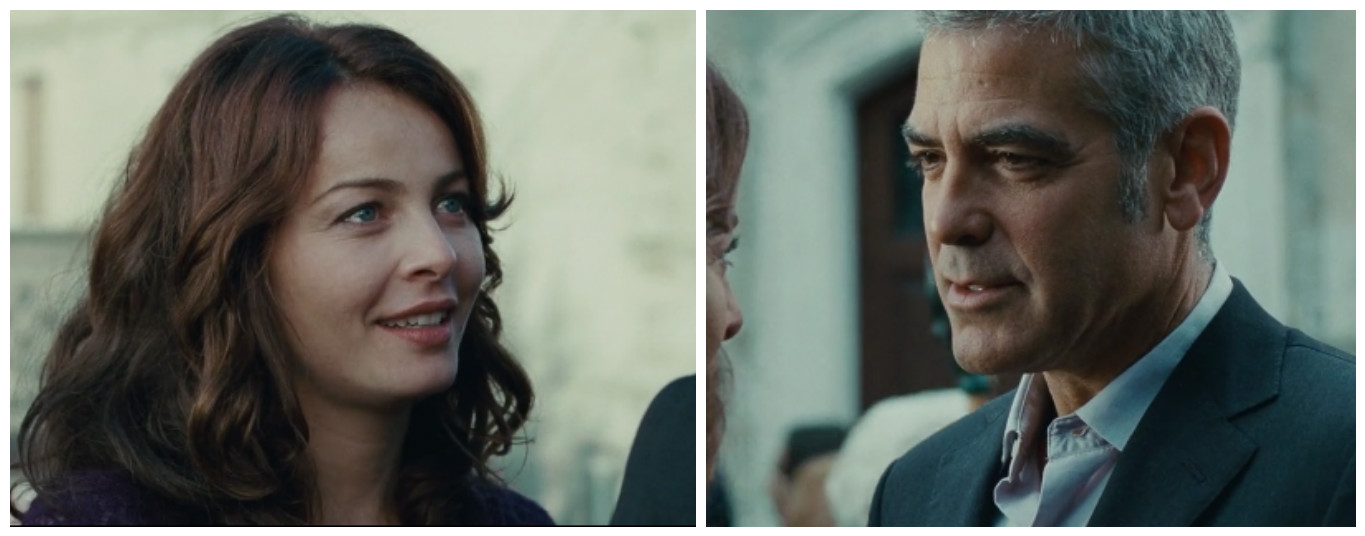
What Anton Corbijn accomplishes here, is commensurate on some key levels, with what Ashok Mehta did with a differently designed film - 'Moksha' : a career lenser assuming the directorial baton to engineer a dazzling fusion of suspense and romance. When the anatomy of an uncompromizing thriller eventually dovetails into a devastatingly poignant love story at the climax, you know that it is a story-telling triumph that we witness only once in a blue moon.
UPN
UPNWORLD welcomes your comments.

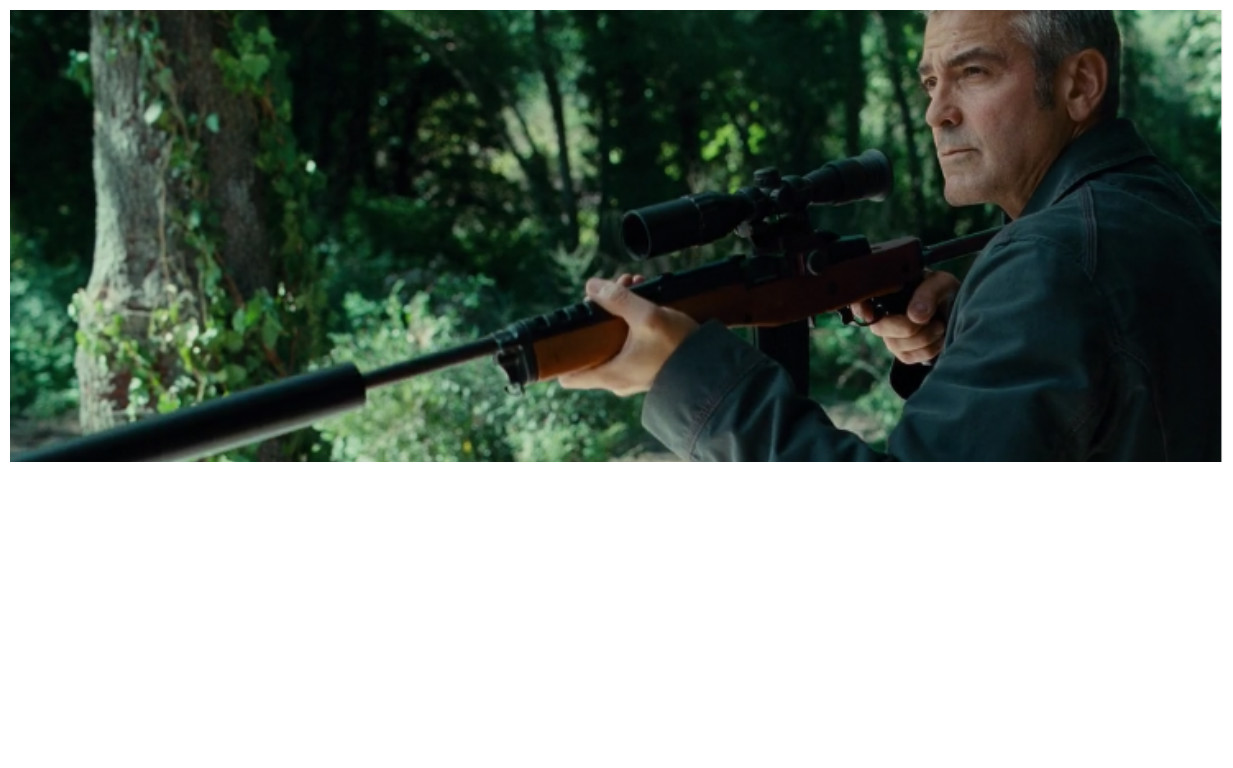
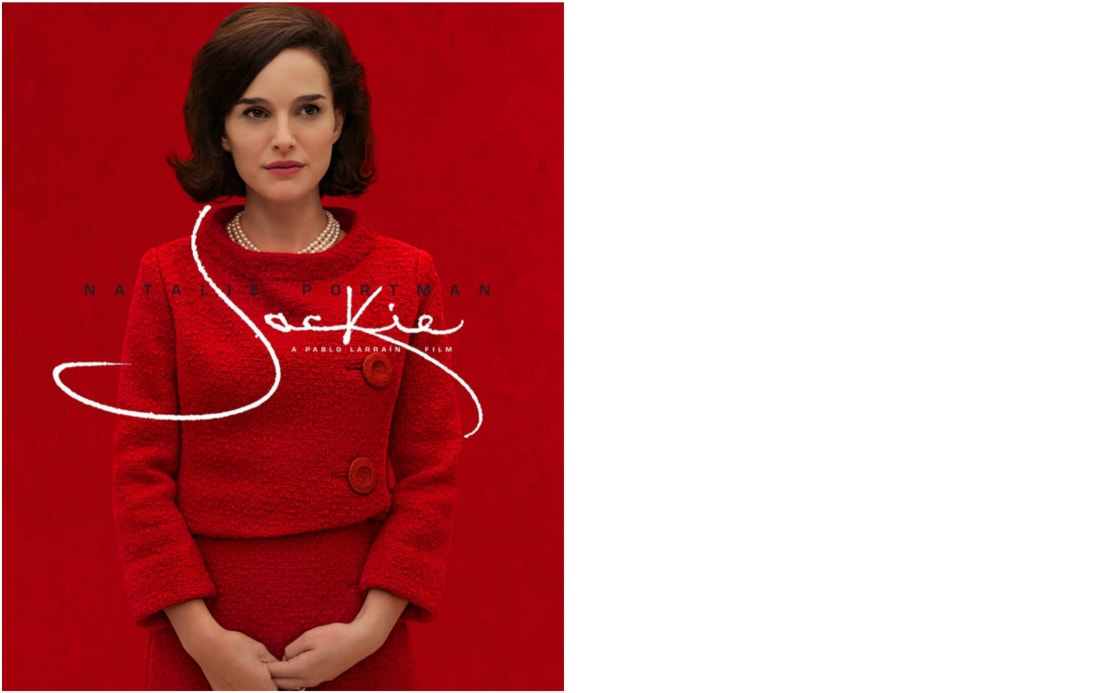


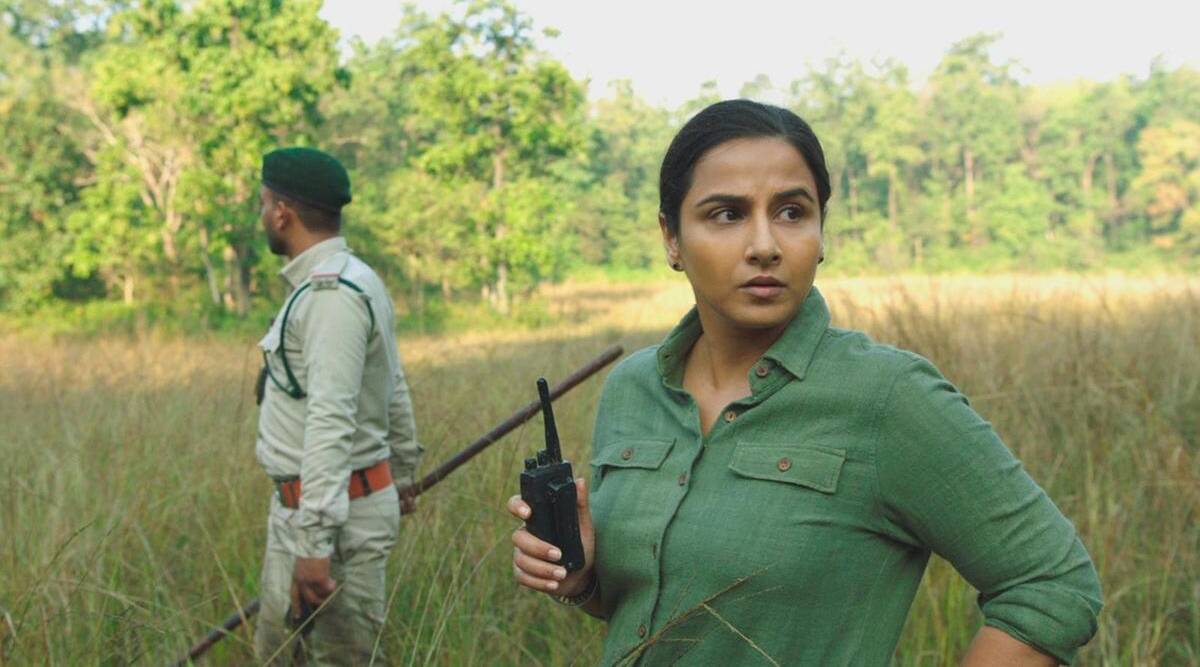




0 COMMENTS
WRITE COMMENT